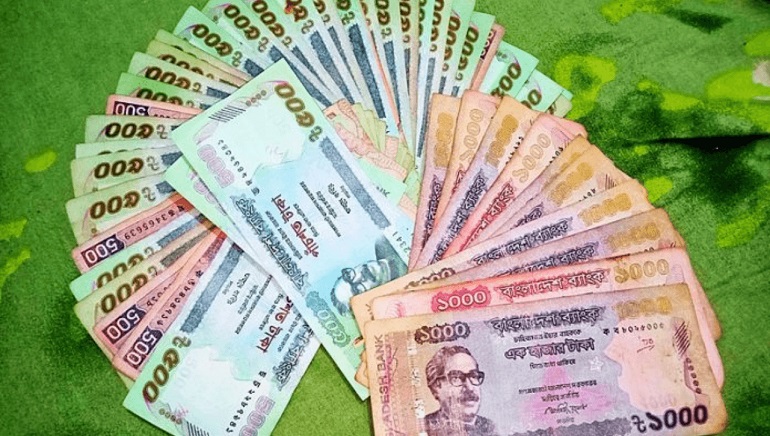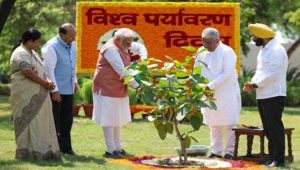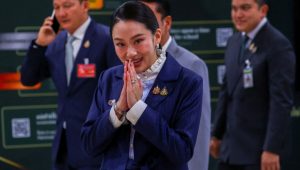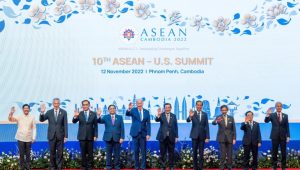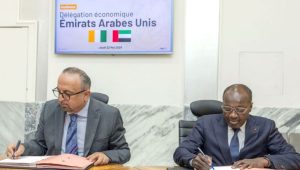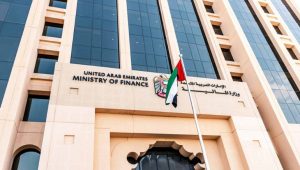Bangladesh’s central bank will allow the country’s currency, taka, to float freely, in response to the demands from the International Monetary Fund (IMF) to unlock more money from the $4.7 billion loan program.
Bangladesh Bank will adopt a unified exchange rate regime between the taka and the dollar or any other foreign currency and from July 1, it will no longer sell any foreign exchange at a discounted rate. By the third quarter of 2023, all international transactions will be based on the new exchange rate structure, closing the gap between formal and informal markets.
While Bangladesh is not heavily indebted, it joins several such countries in loosening a tight grip on local currencies to get financing from IMF. Pakistan, Egypt and Lebanon are among other countries that have dropped their fixed exchange rates this year. A freely floating currency regime could help replenish Bangladesh’s reserves by increasing the attractiveness of its exports.
The new market-driven exchange rate regime will provide “greater transparency and efficiency in foreign exchange transactions, benefiting businesses, individuals and the economy,” the Bangladesh central bank said in a statement. The bank also does not see any major depreciation of the taka, which has declined about 5 percent this year, it added.
The Bangladesh government received $476 million as the first installment of the IMF loans in February. The disbursement of the second tranche is expected in November.





